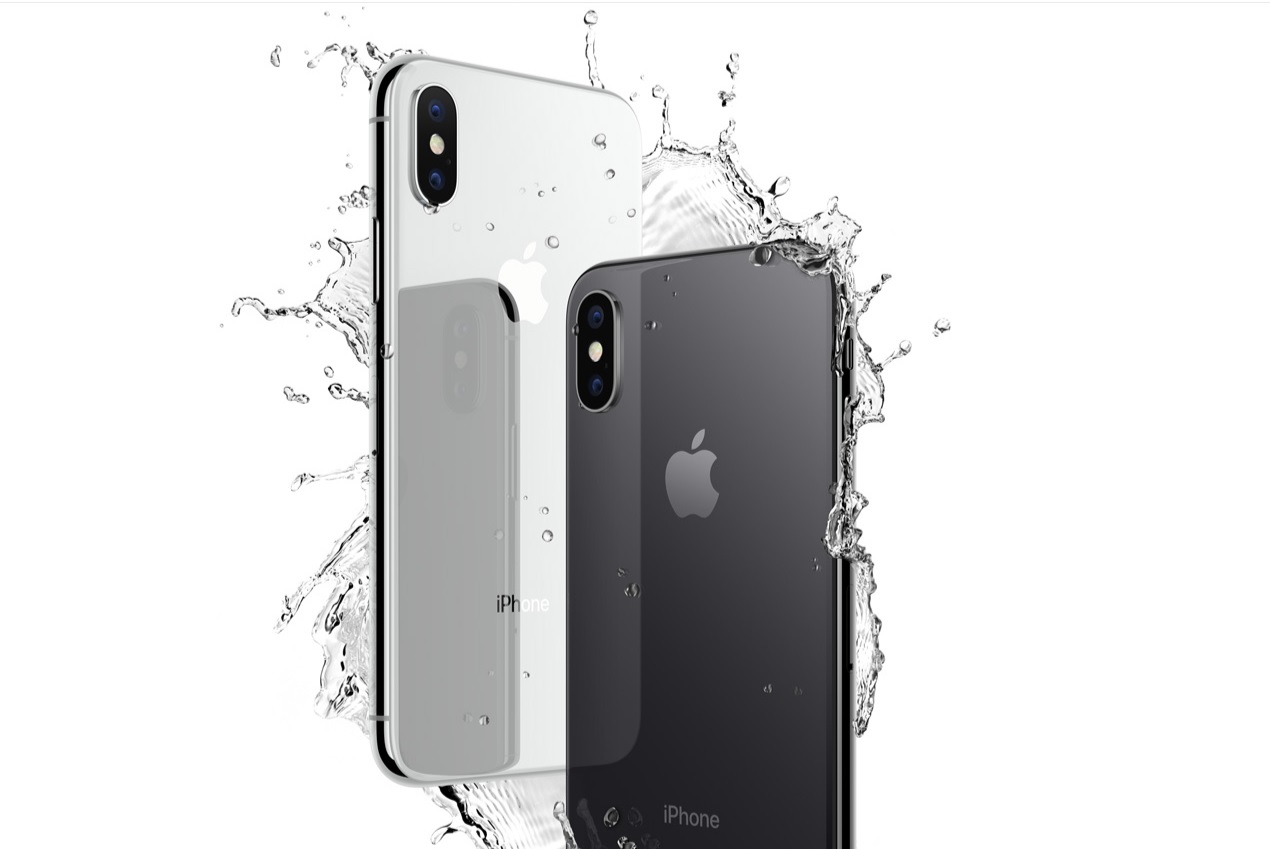

Last year's iPhone X launched in silver and grey
A number of Apple iPhone smartphone models are now facing an import ban into China, after Qualcomm won a preliminary order from a Chinese court.
The court ruling means that a number of iPhone models, including the iPhone 6S right through to the iPhone X are banned due to due to alleged patent violations.
However, it should be noted that the Chinese import ban only applies to those iPhone handsets running that are sold with older versions of Apple’s iOS operating system.
According to Reuters, Qualcomm initially filed its case in China in late 2017, and the ruling has come the Fuzhou Intermediate People’s Court in China.
The ruling affects the iPhone 6S, iPhone 6S Plus, iPhone 7, iPhone 7 Plus, iPhone 8, iPhone 8 Plus and iPhone X being sold in China.
That Fuzhou court found that Apple violated two of Qualcomm’s software patents around resizing photographs and managing applications on a touch screen.
“Apple continues to benefit from our intellectual property while refusing to compensate us,” Don Rosenberg, general counsel of Qualcomm, was quoted as saying in a statement.
But as this lawsuit concerns software, Apple can change iOS to later versions to avoid the alleged infringement, and Apple did state that all its iPhones remain on sale in the country, with newer software.
“Qualcomm’s effort to ban our products is another desperate move by a company whose illegal practices are under investigation by regulators around the world,” Apple was quoted as saying in its statement.
Qualcomm and Apple are locked in a bitter legal battle around the world. It should be noted that the Chinese ruling is separate from the other cases.
In October Qualcomm said that Apple owes it $7bn (£5.5bn) in patent royalty payments for the use in its chip in iPhones.
Prior to that, Qualcomm accused Apple of stealing its technology in order to share it with rival chip makers, including Intel.
It alleged that Apple developed an “intricate plan” to steal proprietary information and share it with Intel and others over a period of several years, in order to cut its own costs.
Apple of course denies those allegations.
Apple has in turn accused Qualcomm of abusing its market dominance, saying the fees Qualcomm charges are unfair.
But the two remain locked in legal battles around the world.
Qualcomm last November sued Apple for allegedly violating the terms of the contract between the two companies, and has separately accused Apple of violating its patents.
It has also repeated sought to ban the importing of iPhones into the US.
Apple had historically relied on Qualcomm chips, but its bust up with the chip designer meant that it turned to Intel in recent years for its chipsets.
Quiz: How well do you know Apple?
More bad news for Google. Second time in less than a year that some part…
Federal office that tackled misinformation and disinformation from hostile nations is closed down, after criticism…
After Nvidia admits it will take $5.5 billion charge as Trump export limits of slower…
Trump continues to target his former CISA head, signing a new executive order targetting Chris…
Two Chinese retailers warn customers in America that prices will increase next week, as Trump's…
Engineer Cristina Balan wins latest round in her long-running defamation claim against Elon Musk's EV…